

by AUFA MARDHIAH
TAN Sri Mohamed Nazir Razak (picture) is urging greater collaboration within the ASEAN business community, saying stronger regional ties are crucial to navigating today’s uncertain global environment.
Speaking after the ASEAN Business Advisory Council (ASEAN-BAC) interface with ASEAN leaders, Mohamed Nazir said the council had presented 12 priority initiatives, all of which were positively received by regional heads of government.
“We briefed them on our 12 priorities. All the leaders welcomed the work of ASEAN,” he told reporters.
He cautioned, however, that while the proposals were well received, actual implementation would require time as officials assess the policy implications of each project.
“These projects are going to take time. Even if the leaders welcome them, the officials will have to go through the policy implications,” he said.
The 12 initiatives include the ASEAN Business Entity (ABE), which seeks to establish a unified legal framework to facilitate cross-border operations, and the ASEAN Private Capital Markets Initiative to improve investment flows through regional financial integration.
To support capital market development, ASEAN-BAC also proposed the ASEAN IPO Prospectus, a standardised template for IPOs across the region.
Other initiatives include the ASEAN Talent Development and Mobility programme to address skill gap and the ASEAN Common Carbon Market Initiative to support climate goals through a shared emissions trading system.
The Digital Exchange Platform Malaysia is being developed to streamline trade and investment processes, while the Business-to-business (B2B) Connect Initiative (BCI) aims to improve supply chain resilience and business linkages.
Cultural and social initiatives are also part of the agenda, including the ASEAN Identity — ASEAN Games to foster regional unity and the ASEAN Corporate Philanthropy Framework to encourage responsible business practices.
The ASEAN Inclusivity Collective (AIC) focuses on advancing diversity and equity, while the ASEAN Sustainability Reporting Advocacy Collaborative (ASRAC) promotes standardised environmental, social and governance (ESG) disclosures.
Finally, the Regional and National Artificial Intelligence (AI) Engagement Platforms aim to strengthen collaboration in AI and digital innovation.
Together, these initiatives represent ASEAN-BAC’s commitment to building a more resilient and future-ready ASEAN economic community.
Mohamed Nazir, who chairs the ASEAN-BAC for Malaysia this year, emphasised the need for stronger cooperation between the public and private sectors, as well as among businesses across ASEAN member states.
“As a region, under this trying climate, we have to come together — public and private sectors, and private sectors between countries.
“We all have to work together, try harder to work together because we can do a lot more together,” he added.
Mohamed Nazir said the business community is ready to respond to the leaders’ call for deeper collaboration, but noted that certain policy adjustments would be helpful in enabling private-sector initiatives.
“We take heed from what the government and the leaders are saying and we want to do it,” he said.
Mohamed Nazir also encouraged businesses in the region to focus on tapping intra-ASEAN opportunities, especially given rising external risks.
“With the uncertain global (environment), we look for more opportunities within our countries and within our region,” he added.
RELATED ARTICLES
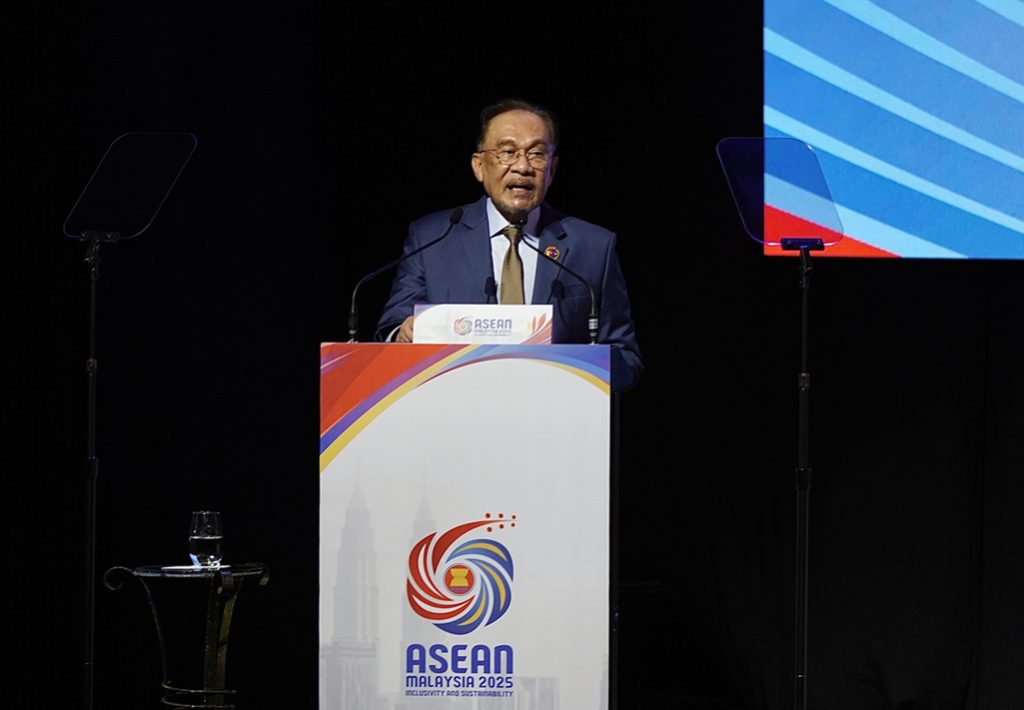
ASEAN adopts 2045 vision, enters new chapter of integration
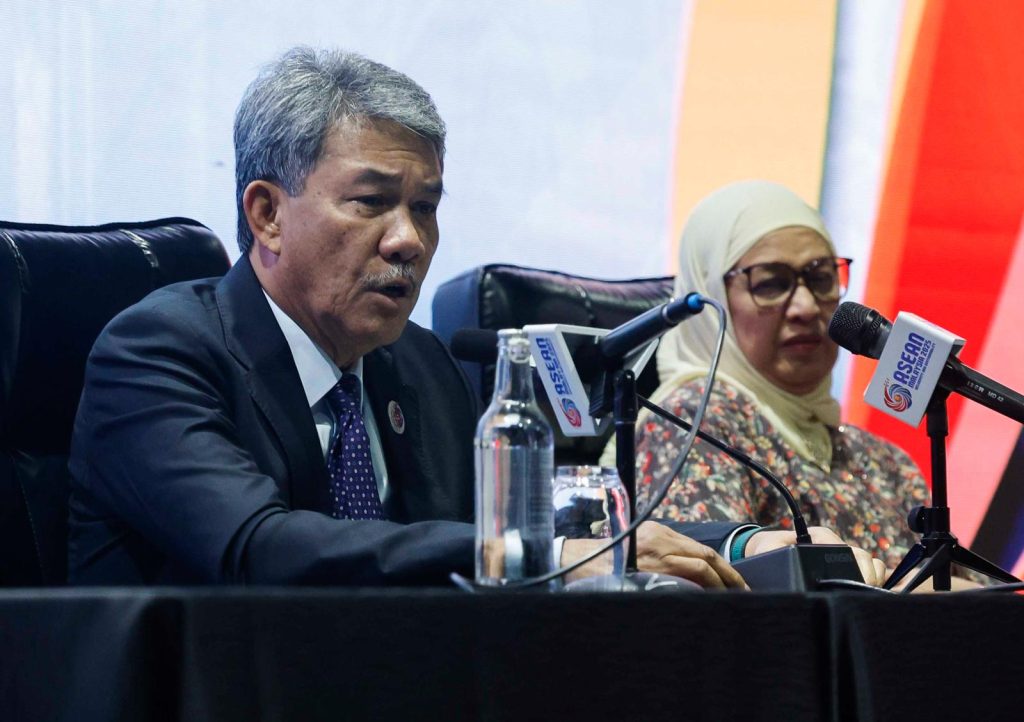
No action taken against Myanmar despite repeated violations, says Mohamad
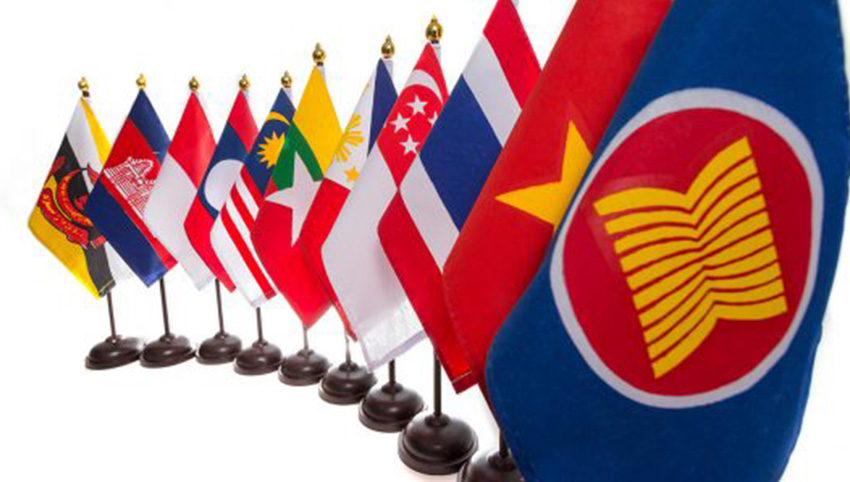
Official visits by Laos, Vietnam PMs to boost ASEAN unity, bilateral ties
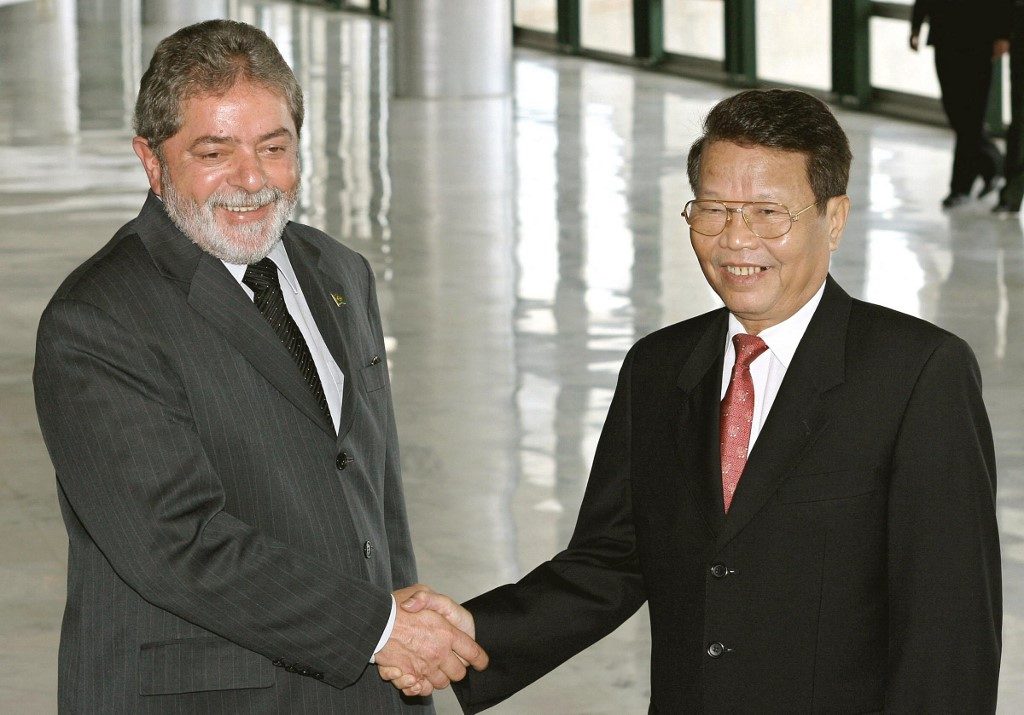
ASEAN SOM honours Vietnam’s late former President Tran Duc Luong
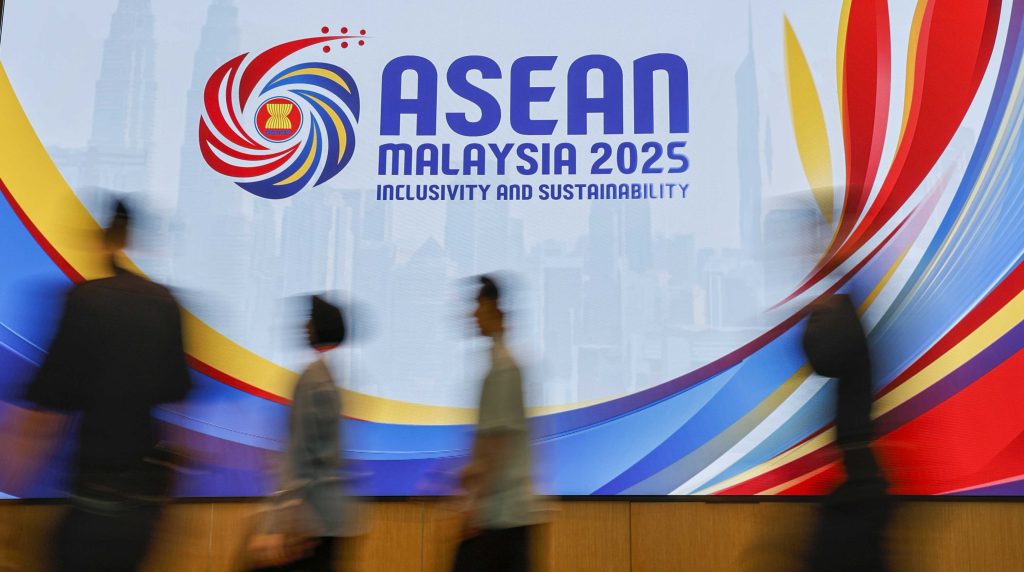
ASEAN must reinvent APSC amidst rising geopolitical tensions – Analysts
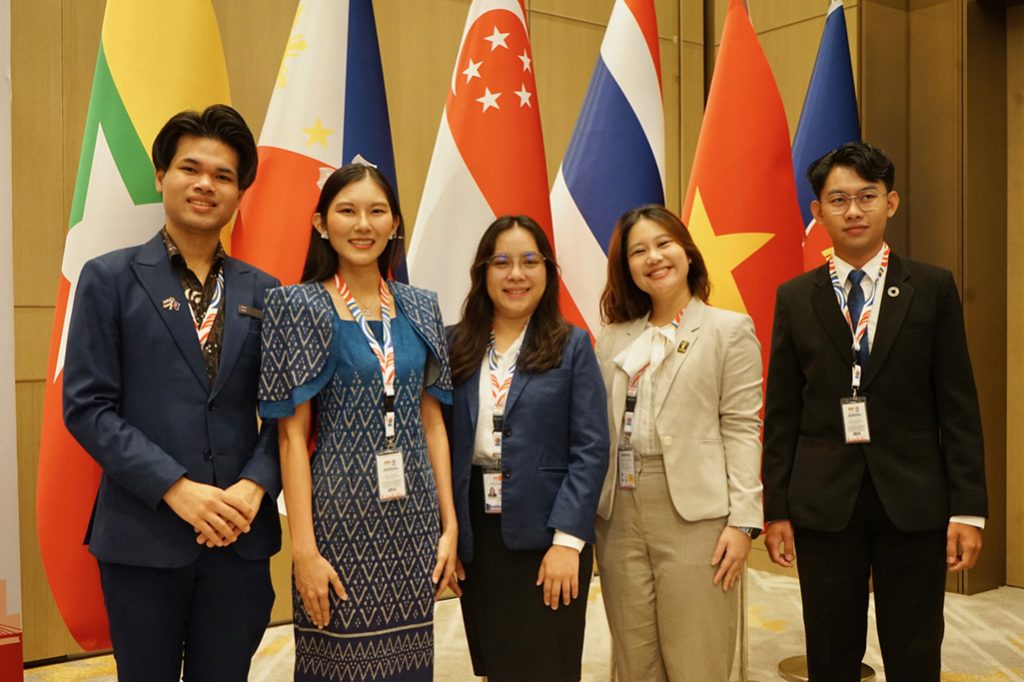
Youth leaders chart a future-ready ASEAN at youth dialogue
The post ASEAN-BAC pushes 12 key initiatives for regional growth appeared first on The Malaysian Reserve.
